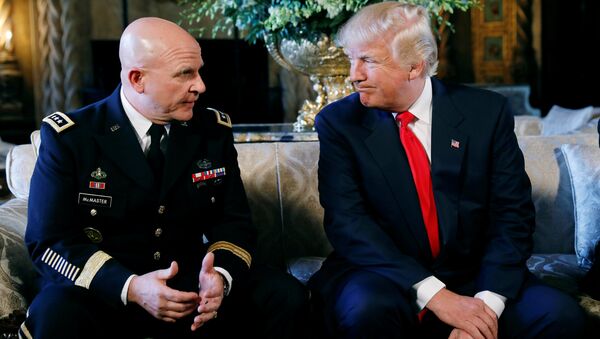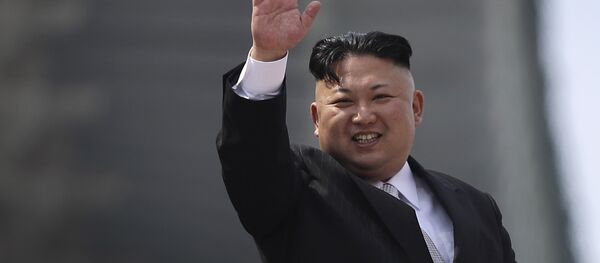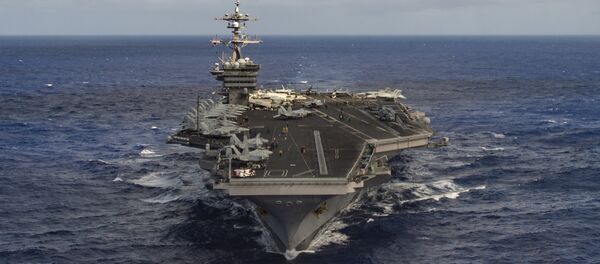McMaster added that the US is working with its allies, the Chinese authorities to develop a range of options to deal with North Korea. He also called the regime in North Korea "hostile."
"There is an international consensus now, including the Chinese leadership, that this is a situation that just cannot continue," McMaster said.
"And so we’re going to rely on our allies like we always do, but we’re also going to have to rely on Chinese leadership. I mean, North Korea is very vulnerable to pressure from the Chinese. Eighty percent of North Korea’s trade comes from China. All of their energy requirements are fulfilled by China," he told ABC.
The White House national security adviser said that the North Korean suspected missile test fits the pattern of provocative, destabilizing and threatening behavior.
"This latest missile test just fits into a pattern of provocative and destabilizing and threatening behavior on the part of the North Korean regime," McMaster said.
"I think it [the Trump administration] should make clear to the North Korean regime that it is in their best interest to stop the development of these weapons, to stop the development of these missiles, and to denuclearize the peninsula… It’s clear that the president is determined not to allow this kind of capability to threaten the United States."
According to the US Pacific Command, the North Korean missile "blew up almost immediately," adding that its type is yet to be identified.
The missile test launch by Pyongyang has been highly anticipated this week as North Korea celebrates one of the most important holidays which used to coincide with the country's test launches.
The North Korean Foreign Ministry said that the alleged missile launch had not been announced officially, though it's Pyongyang's "sovereign right" to conduct such tests.
The North Korean military responded by pledging to launch a "preemptive strike" in the event of any "US provocation," as well as to target US bases in South Korea, Japan and the USS Carl Vinson.




